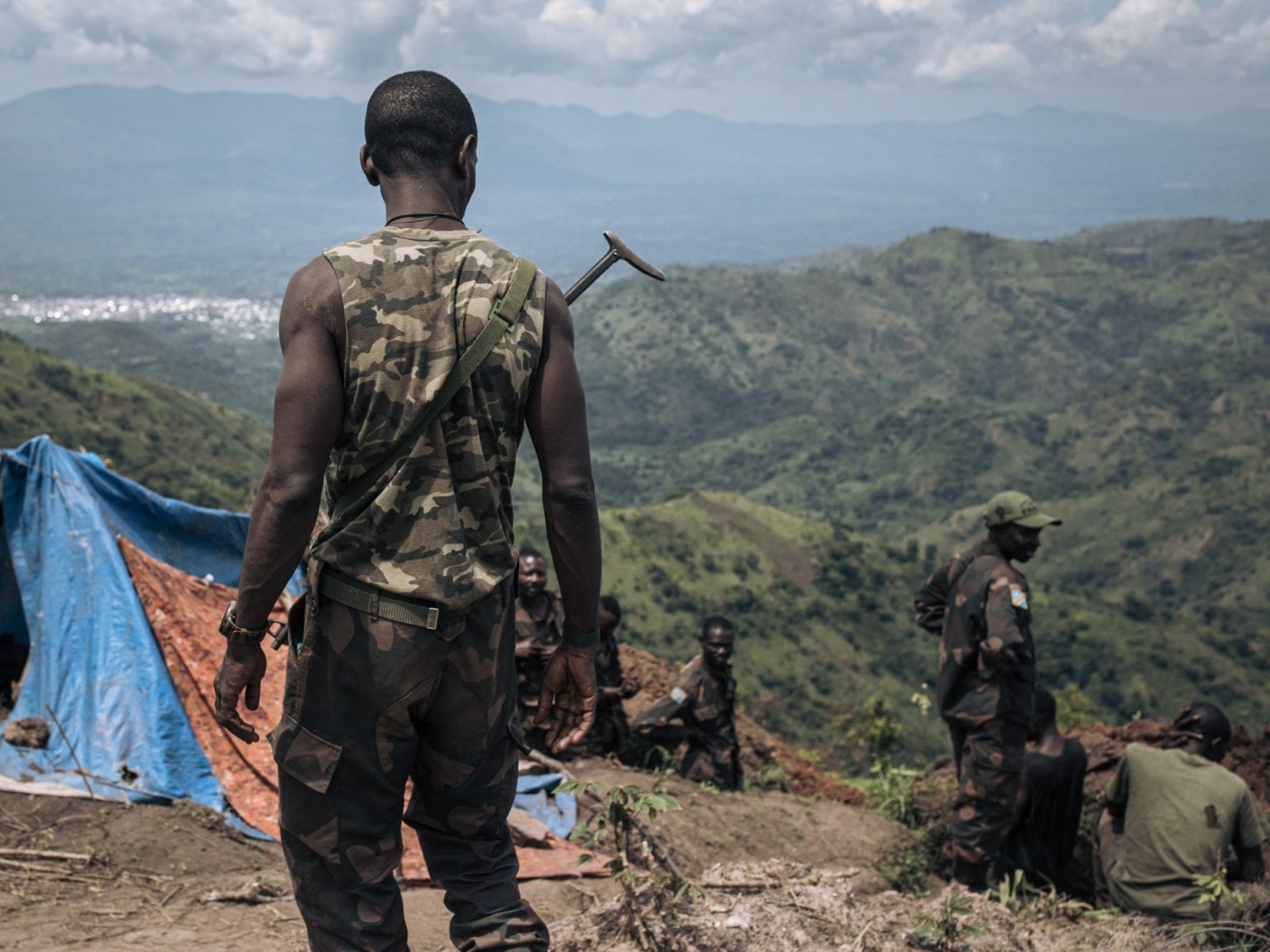The Democratic Republic of Congo (DRC) has accused Rwanda of violating its sovereignty and territorial integrity by sending troops to support rebel groups in the eastern region of the country. The East African Court of Justice has begun proceedings on this case, which was filed by the DRC against Rwanda. The most powerful armed group in the area, M23, has been accused by the Congolese government, alongside the United States and France, of receiving support from Rwanda. Kigali has denied these allegations, but the DRC argues that Rwanda’s actions have led to significant human rights violations in the North Kivu region.
DRC President Felix Tshisekedi has called for sanctions against Rwanda at the UN General Assembly for its alleged support for M23. The DRC has claimed that Rwandan forces have been involved in aggression and war crimes in the east. UN experts estimated that between 3,000 and 4,000 Rwandan government forces are deployed in eastern DRC alongside M23. The East African Court of Justice, based in Arusha, Tanzania, is hearing the case where Congo seeks to hold Rwanda accountable for violations including atrocities against civilians and breaches of international law, and secure reparations for the victims of these alleged crimes.
Rwanda has raised objections to the court’s jurisdiction in the case, with its lawyer questioning whether the regional court has the authority to handle criminal matters. The Congolese legal team has been asked to provide translated documents from French to English, the court’s language. Both sides have been given the opportunity to submit new evidence and translated documents for review. The court will deliver a ruling on the objections at a later date. Meanwhile, a report by Human Rights Watch has accused both the Rwanda army and M23 of indiscriminately shelling displacement camps and other densely populated areas in Goma, North Kivu province, where about half a million displaced people are seeking refuge.
The conflict in eastern DRC is fueled by a competition for valuable minerals, as the country is rich in metals and rare earth minerals like cobalt and coltan. Cobalt is essential for lithium-ion batteries used in electric vehicles, and up to 70 percent of the world’s cobalt supply comes from the DRC. Coltan is used in gadgets like PlayStations and phones, and is also abundant in eastern DRC. The city of Goma, the main hub in eastern DRC, has been affected by the conflict, with displacement camps and densely populated areas being targeted by both sides. The report by Human Rights Watch highlights the atrocities committed by both the Rwandan army, M23, and the Congolese armed forces and allied militias against civilians in the region.
The ongoing conflict in eastern DRC continues to pose a threat to the civilian population, with human rights violations and war crimes being reported. The allegations of Rwanda’s involvement in supporting rebel groups in the area have led to tensions between the two neighboring countries. The East African Court of Justice’s proceedings on the case will determine whether Rwanda is responsible for the violations claimed by the DRC. The competition for valuable minerals further complicates the situation, as these resources play a significant role in global industries such as electric vehicles and electronics. The court’s ruling on the objections raised by Rwanda will be crucial in determining the next steps in addressing the conflict in eastern DRC and holding those responsible for human rights violations and war crimes accountable.













